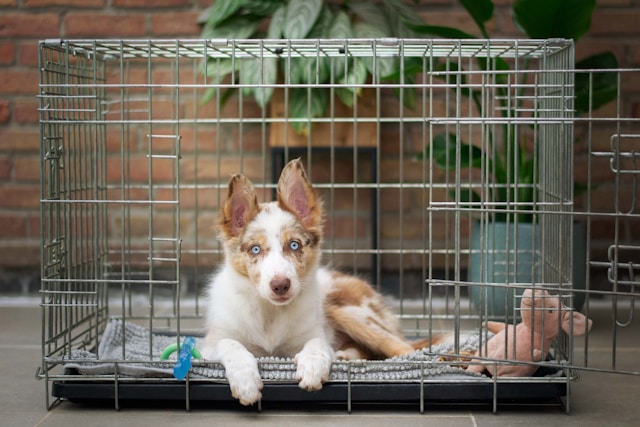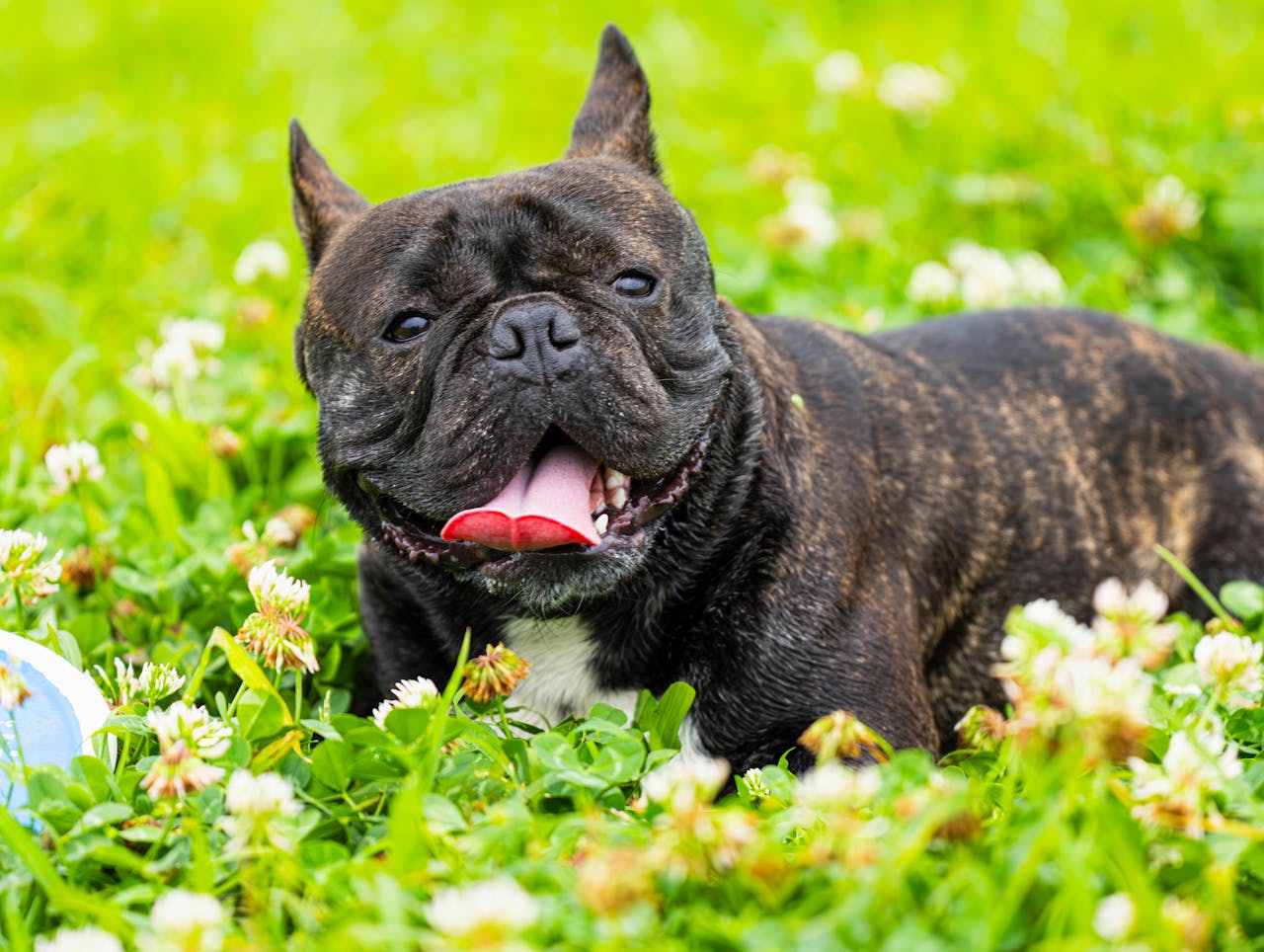All Pet Health Articles

How Pets Can Help Your Heart: The Surprising Health Perks of Animal Companionship
There’s nothing quite like being greeted at the door by a happy tail wag or a soft purr. Pets have a special way of making us feel loved and needed. Beyond their companionship and affection, though, they might also be giving our hearts a real health boost—literally.

Puppy Crying in the Crate? Here’s How to Help
Welcoming a new puppy into your home is a joyful experience, but it can also feel a bit overwhelming for both you and your furry companion. During those initial days, one of the most crucial tasks is helping your puppy become comfortable with their crate.

Why Does My Dog Keep Licking His Lips?
Have you noticed your dog frequently licking their lips? Whether it's a repetitive sound that disrupts your sleep or an occasional noise throughout the day, it’s enough to make you pause and ask: Why does my dog keep doing that?

10 Dog Breeds That Don’t Do Well in Cold Weather
As winter approaches and temperatures begin to fall, it's important to remember that our pets feel the cold just as we do. While certain dog breeds thrive in snowy conditions, many others are less equipped to handle the chill and require additional protection and care during colder months.

How Cold Is Too Cold for Your Dog?
For most dogs, getting outside is the highlight of their day. Whether it’s going for a walk, a jog, or just exploring all the new smells, that outdoor time keeps them happy and healthy — both in body and mind. But when winter hits and the cold sets in, it’s natural to start asking yourself: Is it too chilly out for my dog?

5 Everyday Mistakes That Could Be Making Your Dog Gain Weight
We all enjoy treating our dogs — they’re part of the family, after all! But those little indulgences, like slipping them extra snacks here and there, can add up over time. If you’ve noticed your furry friend starting to gain a bit of weight, it might be a good moment to rethink a few habits and make some easy adjustments.
Get insurance plans with wide-ranging coverage options






